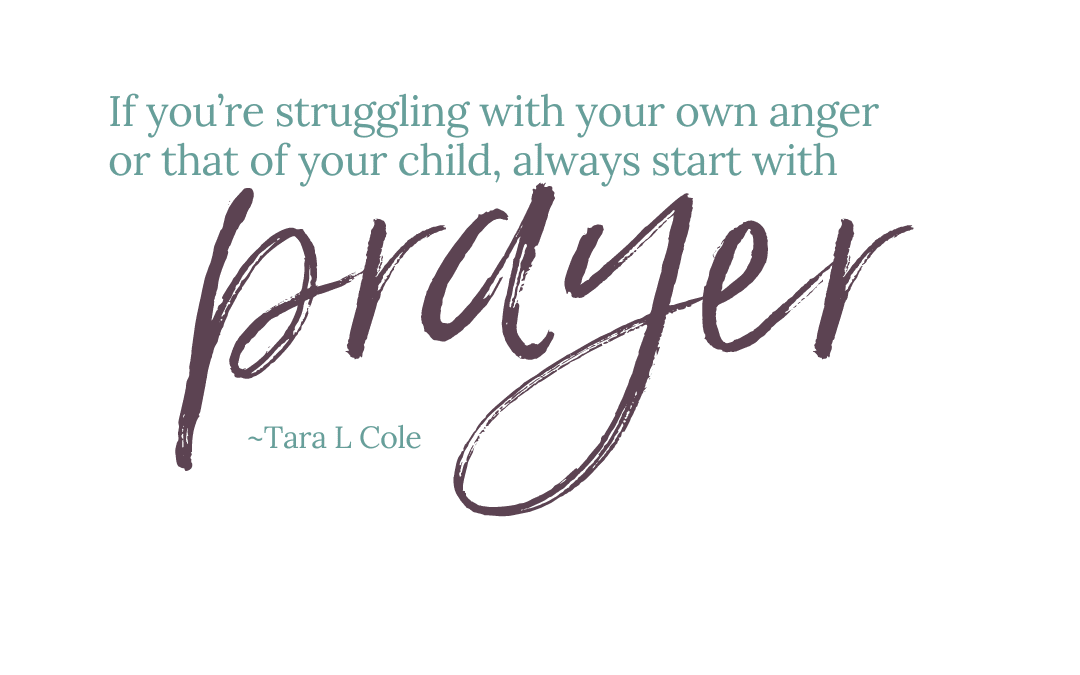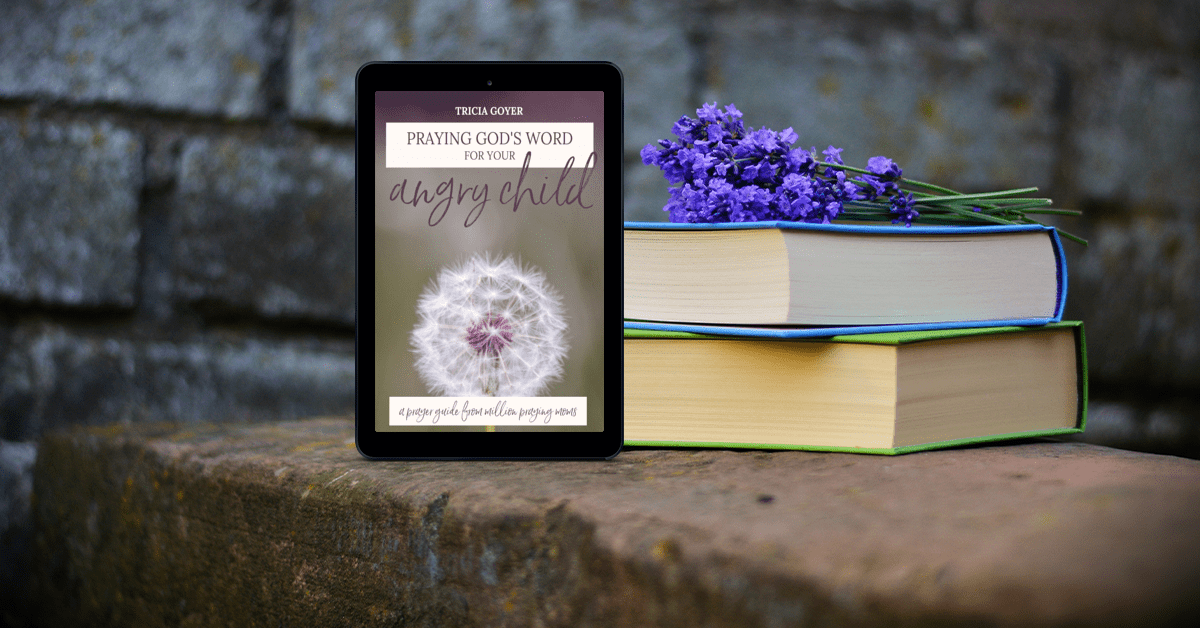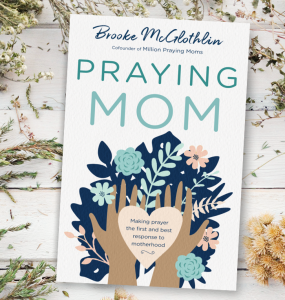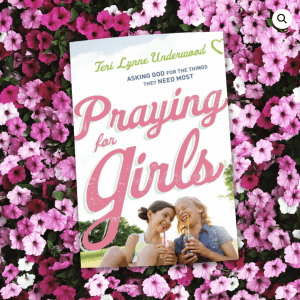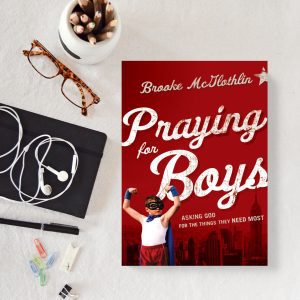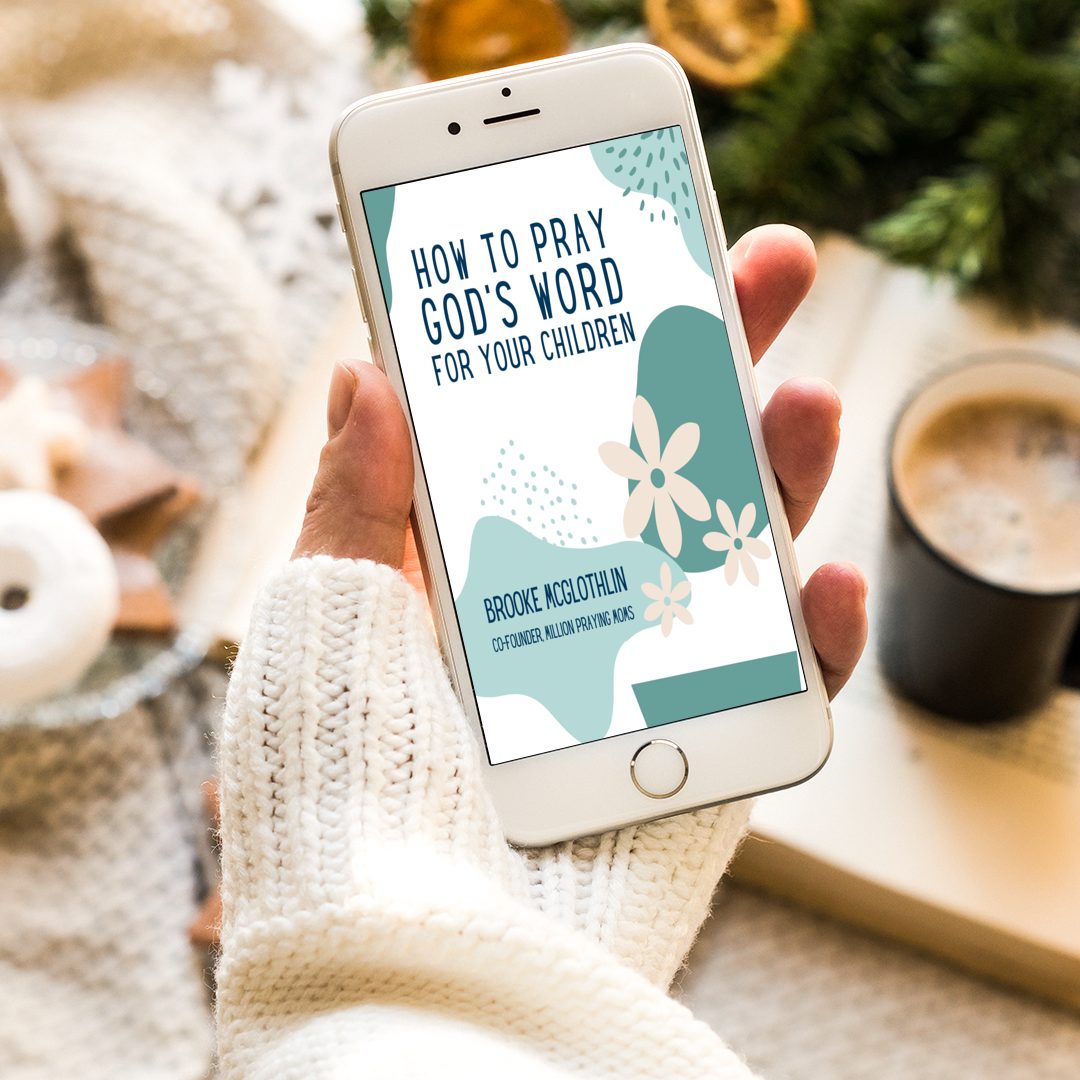I was an angry child. Not just frustrated but explosive anger. From an early age, I learned to fear my anger. To hide it, shove it down, lock it up, and throw away the key.
Early in my marriage, I learned that way of handling my anger wasn’t helpful. Slowly, through counseling, I learned to communicate my feelings more effectively without attacking my husband. Though it might sound silly at first, saying, “When you did/said X, I felt/heard/perceived Y. Is that what you meant?” Helped save many a weekend in our home. Actually, to say this statement saved my marriage is not an exaggeration. Just this morning, 20 years later, when my husband and I got into a fight, I used this same phrasing to share my feelings after I’d had a chance to cool off.
When I had children, I quickly learned that teaching phrases like that isn’t much help. Yes, they need to learn to use their words, but it is a slow process. For years I have prayed for healthy ways to help my sons “be angry and do not sin.”
As he grew older, I realized that one of my son’s anger was more than just feelings. He wasn’t just offended or mad his brother took a toy. His anger went far deeper and seemed to turn off all cognitive functions in his little brain. Reading the book, Raising Your Spirited Child by Mary Sheedy Kurcinka, showed me that there are several predictable roots to a child’s frustration and anger and that none of us are at the mercy of their outbursts.
First, I learned to re-label my son’s attitude. Instead of calling him “the destroyer” (yes, I”m serious. Please don’t be me.) I learned to frame his over-the-top energy as “energetic.” Instead of labeling him as stubborn, I learned to see him as “persistent.” This re-labeling helped both of us to see his God-given traits in a positive light so he could learn to channel them well.
I also learned to reframe his angry outbursts. Instead of assuming that he was just being intentionally disrespectful, belligerent, or disobedient, I learned to see the root of the issue. Sometimes he was hungry and didn’t know how to use his words appropriately. Other times, he had so much stored up energy that he had to calm himself with a shower, a jump on the trampoline, or a quick run to get his brain back on track.
Seeing my son in this light changed our narrative. I went from thinking he was “bad” or “difficult” to seeing him as a kid that needed guidance (and me as a mom who needed guidance!).
These two ideas and many more from Raising Your Spirited Child have helped heal my relationship with my son. For years I loved him dearly, but didn’t always like him much. Now our story is different. I still love him, and I love who he is.
If you’re struggling with your own anger or that of your child, always start with prayer. Perhaps the book mentioned above will help, perhaps not, but God will lead you to the ideas, resources, and love you need to be for your child and not against them.
Here are five prayers to help you and your child begin praying together.
- Father, please help us to be angry and not sin. Help us to see the root of the anger and express it in healthy ways. (Ephesians 4:26)
- Father, please help us to be quick to listen to each other’s hearts, slow to speak, and slow to become angry, so we can reflect the righteousness that you desire. (James 1:19)
- Father, help your wisdom to give us patience. Help us to remember it is to our glory to overlook an offense. (Proverbs 19:11)
- Father, please help us to remember that we are fearful and wonderfully made, strong personalities and all. Help us to love and appreciate the way You made us and use it for Your glory. (Psalm 139:14-15).
- Father, you promise You have good plans for us. We know that includes the way You made us. Please help to come and pray to you for wisdom to steward those gifts well. (Jeremiah 29:11-12)

